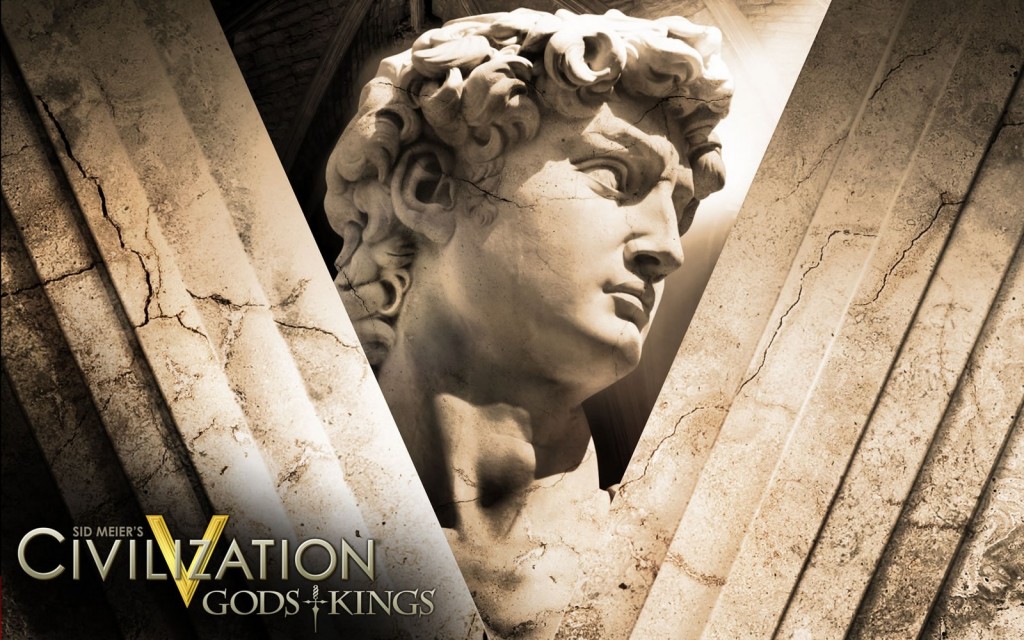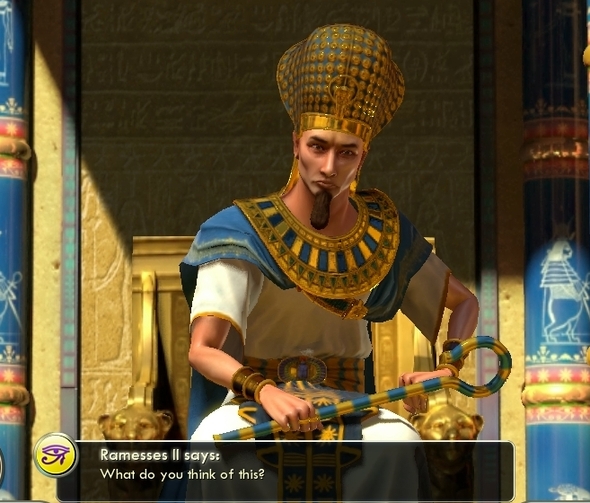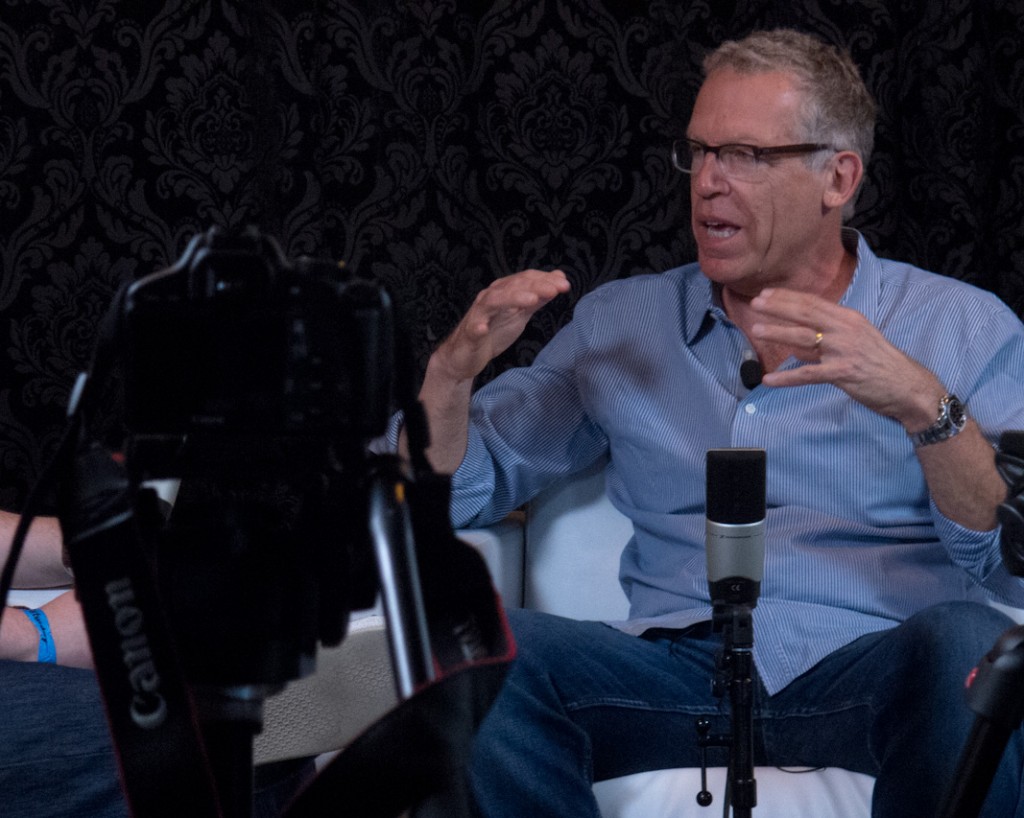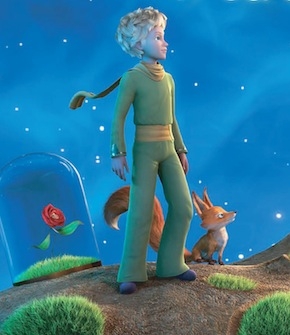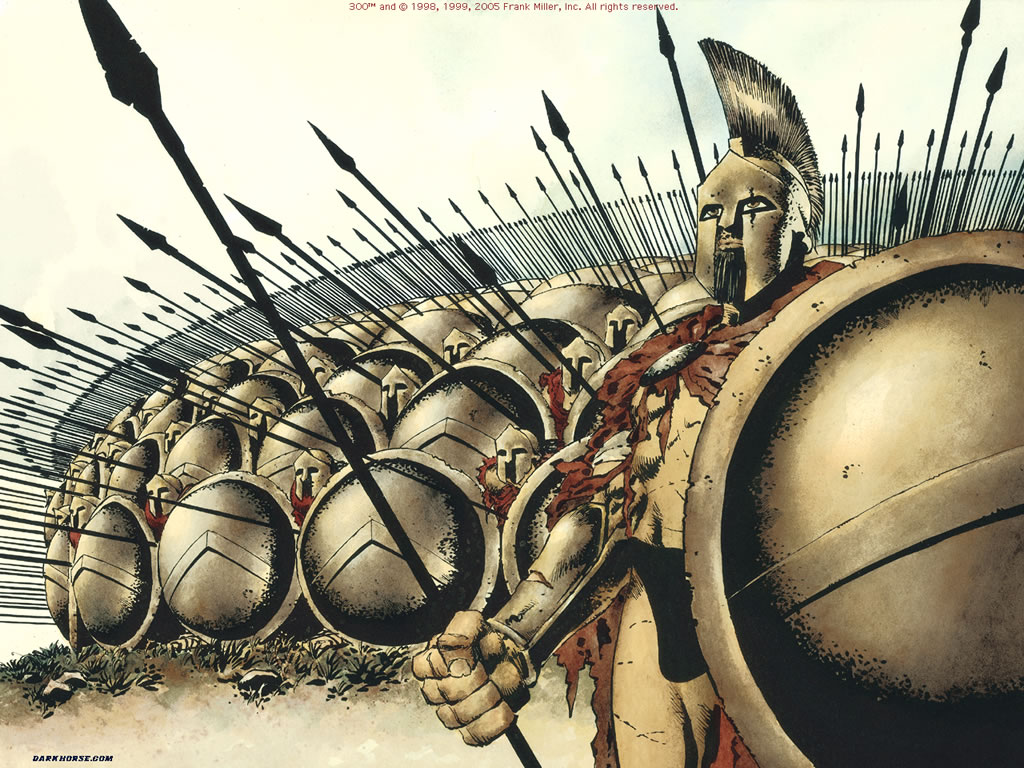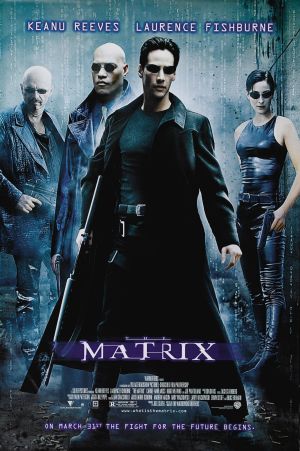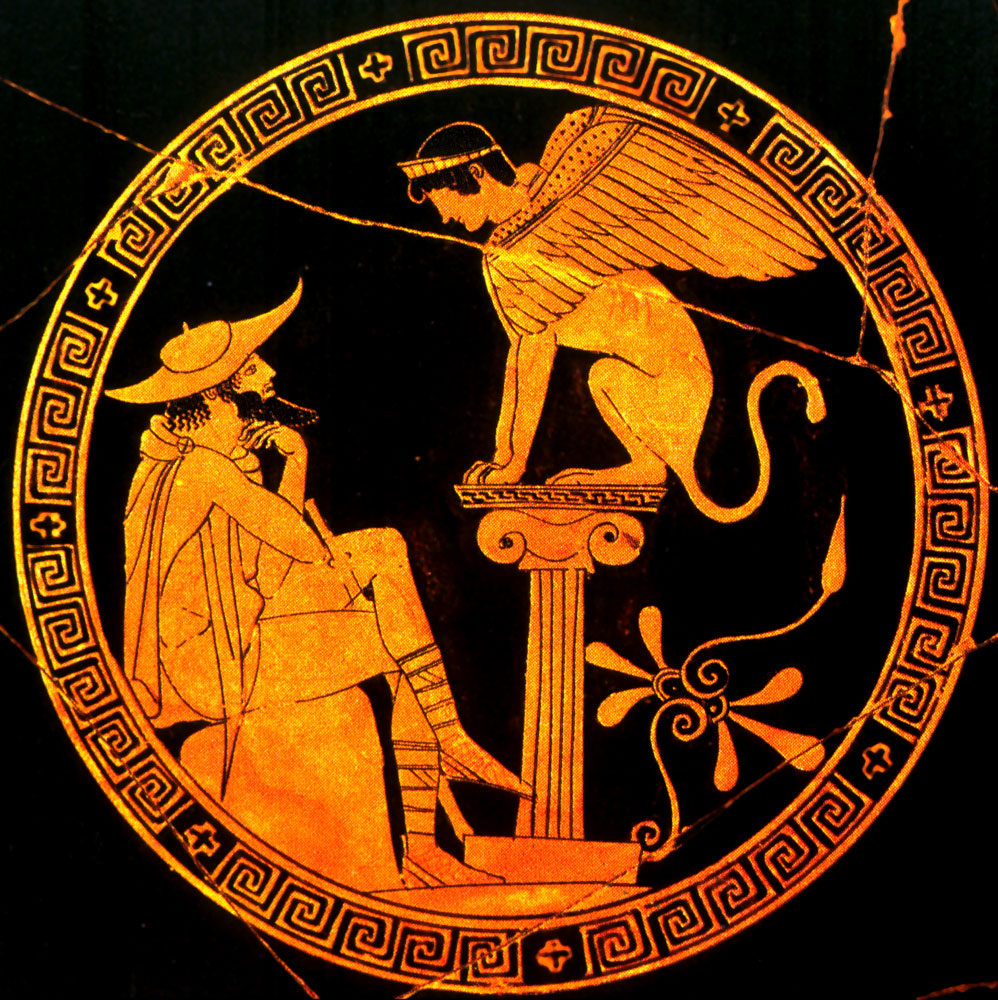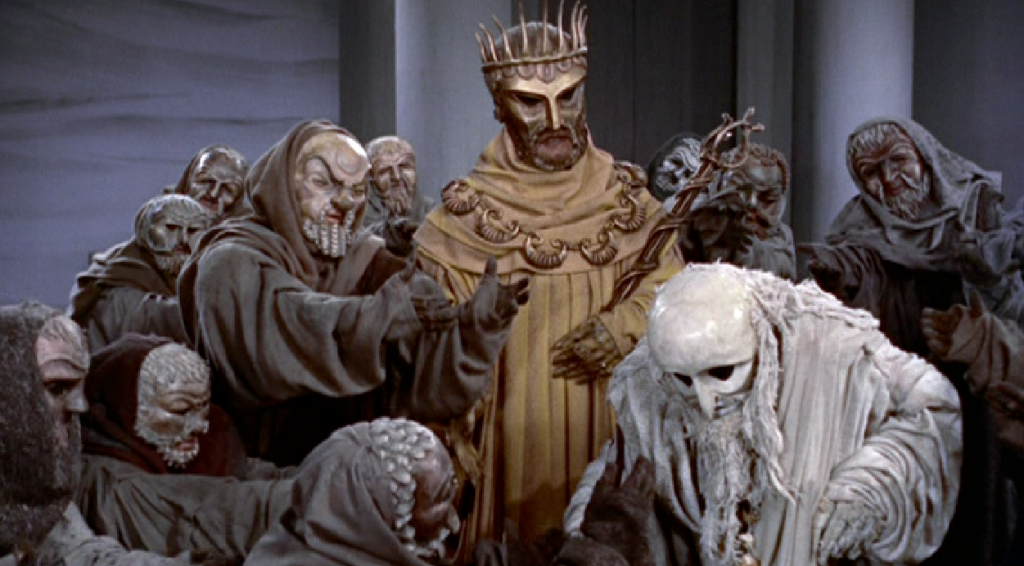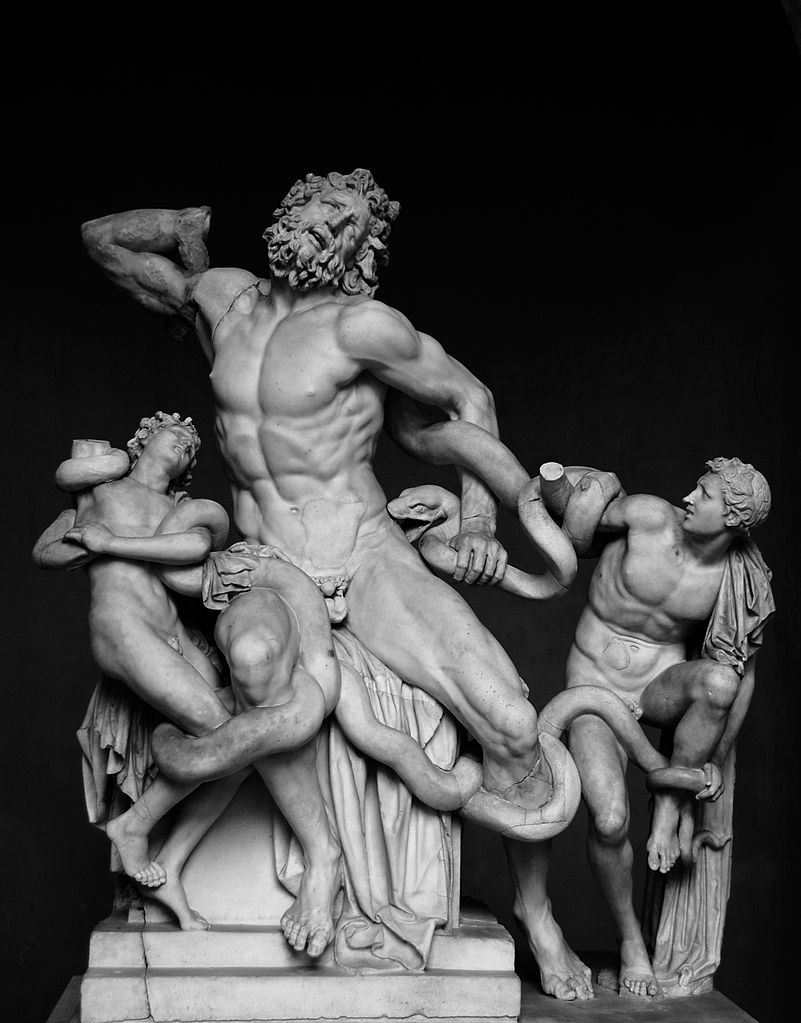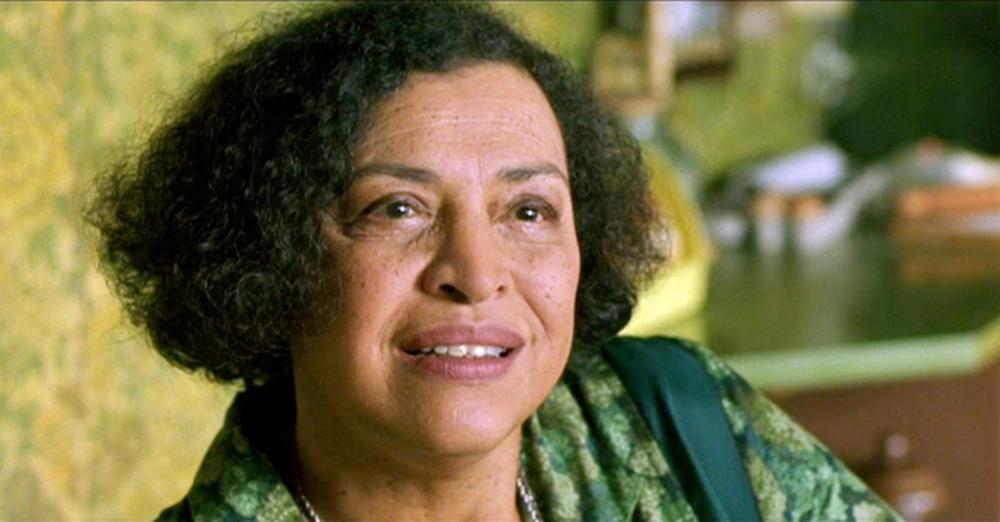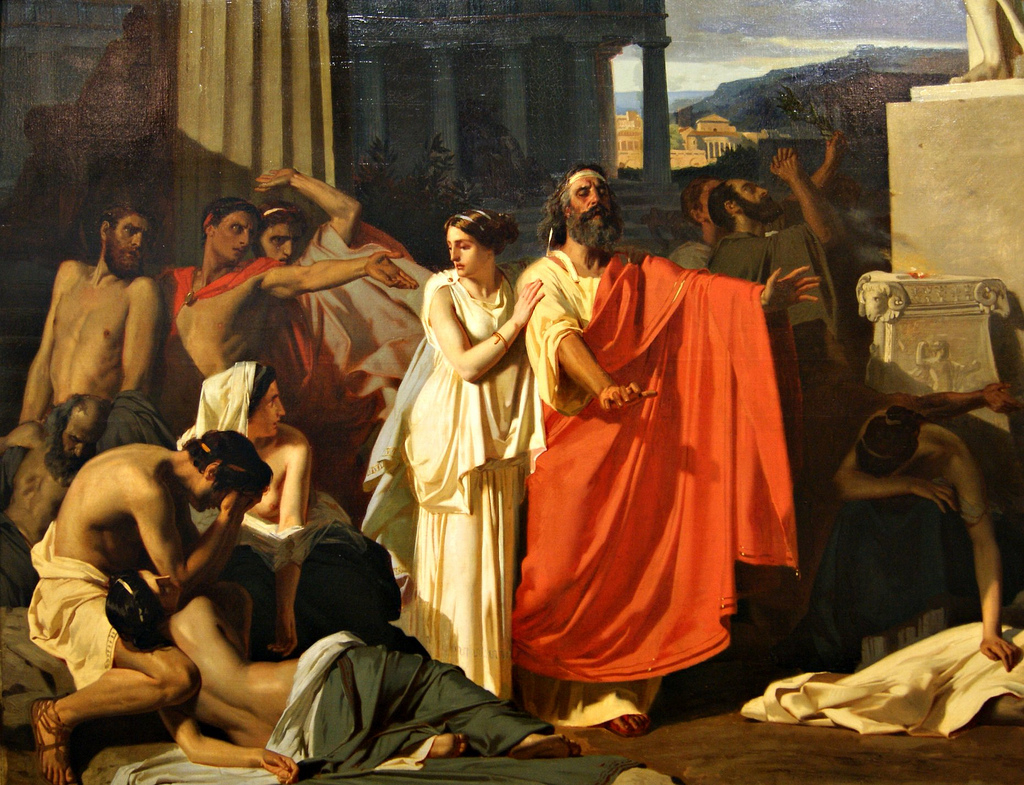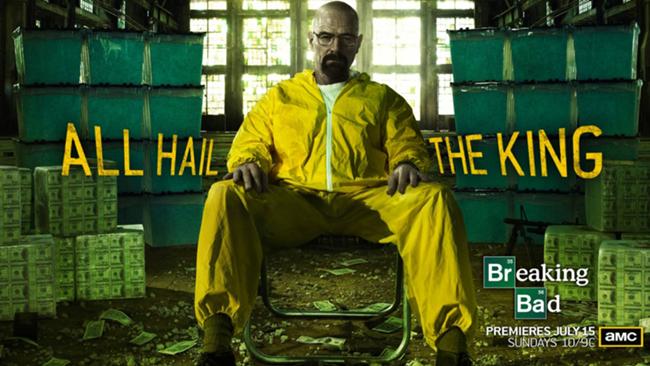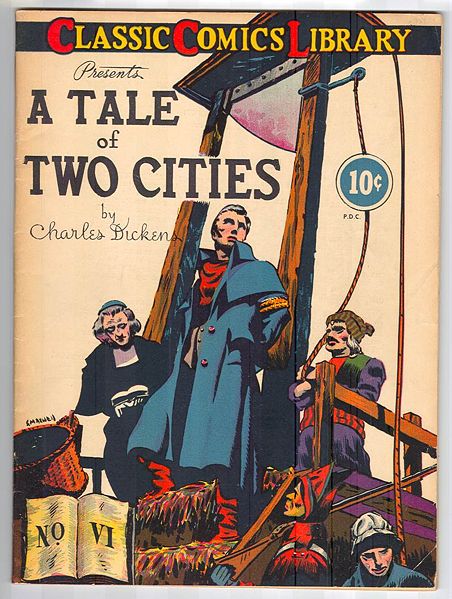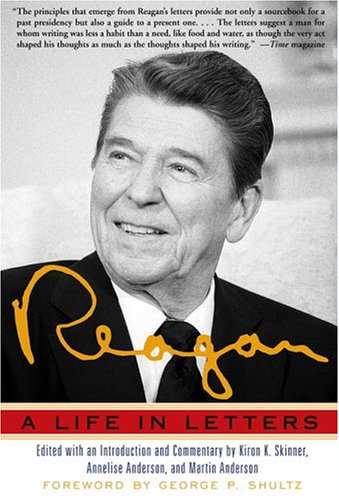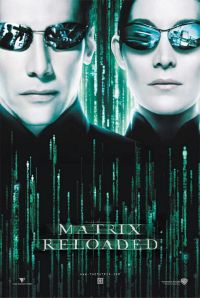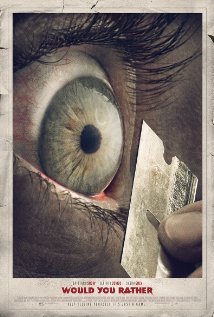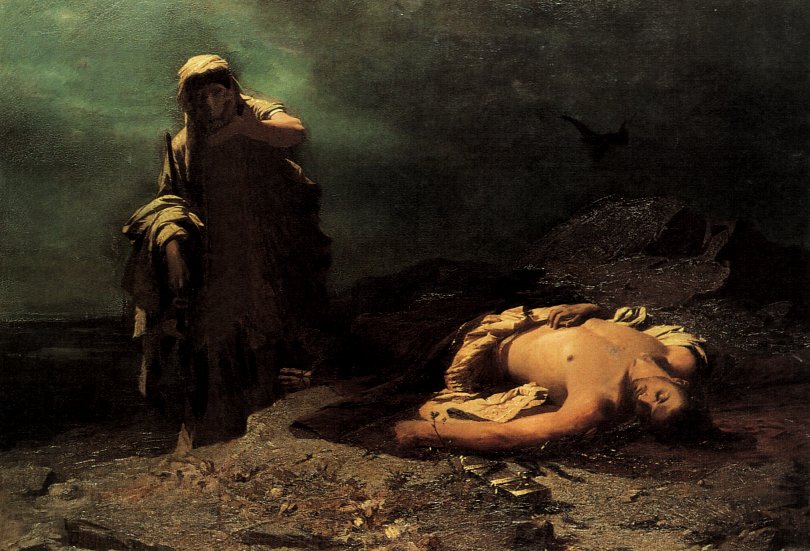This story starts with The Little Prince. At the Louisiana Art & Science Museum in Baton Rouge there was a screening of The Little Prince, a computer-animated adaptation of the beloved children’s book. The book is a favorite of mine, so I was curious about the film, but I also had other things on my mind. Specifically, I was trying to put together a trip to SXSW, and it didn’t look like it was happening.
The Little Prince – nWave Pictures, 2010
To those who don’t know, SXSW is the abbreviation of South by Southwest, a big shindig in Austin Texas that blends aspects of interactive, film, and music festivals into one massive, hipster-friendly amalgamation. Because of the festival’s hybrid nature, many companies and creative types go to meet like-minded people, gain insights, and share the work they’ve done on recent projects.
The day was Sunday, March 11. The festival had already started, and I didn’t have any viable travel plans in place. Maybe next year, I thought.
Disappointed that SXSW seemed unlikely, my inclination was to stay in the house, but I had a strong sense that I should go see The Little Prince. I don’t know why I had that sense, but I tried to ignore it. It doesn’t always go so well when I listen to my sense about things. Without going into specifics, listening has recently led to heartache, betrayal, and financial difficulties.
To console myself, I was playing Civilization V on my laptop. Playing that game has killed a few hours, but it has never led to heartache, betrayal, or financial difficulties, so it is the safe choice, my bridge over troubled water so to speak.
Sid Meier’s Civilization V: Gods and Kings – Firaxis Games, 2012
I can spend hours playing that game. Managing a successful in-game civilization involves some thought, which is enough to keep me from thinking about the things that trouble me, and like filmmaking, Civilization is ultimately a game of logistics. (It’s not just UPS employees who heart logistics, folks!) Plus, all the decisions in the game set the stage for success or failure at the end, and it’s all about the end game, isn’t it?
That is true enough about life in general, but it also relates to the story at hand. I promise if you make it to the end, there will be a payoff, but it may not be the payoff that you want.
As to the game, my civilization was doing fairly well. I had taken out my aggressive neighbors who had been taunting me a few turns ago. “You think you’re so tough, King of Egypt? Well I just took your horse and iron resources. What do you think about that?” It was now time to annihilate the opposition before their armies grew back like the pestilent snake-heads of the Hydra, but then that sense I’ve been trying to avoid came back. “Nick, you really should go see The Little Prince,” it said. OK, OK. Just one more turn.
It ended up being a few more turns, maybe like 5-10, but you know, close enough. Honestly, I figured the sense would stop bothering me if I stayed focused on the game. How important could it really be to see an animated version of a story that I had already read? But again the sense came. “Nick you NEED to go. It is important. Hurry.” OK, fine. Let me save the game.
I almost left right away, but I had to finish the turn. Those wily Egyptians had it coming after all. Again, close enough, or so I thought.
Sid Meier’s Civilization V – Firaxis Games, 2010
As I was driving, I sensed that I should hurry, that I was behind schedule. I drove as fast as I could without being reckless. Soon I found a parking spot. I was within 5 minutes of when the show was supposed to start. That should do it, I thought. “No. Run.” Really? For a computer-animated short at the Planetarium?! “Yes.”
Fine. I ran to the entrance, and I got there just in time to see the security guard locking up the place. I knocked a few times, but she ignored me. Seriously?! I ran and I still didn’t get in? What was the point of that?
My sense returned. “You didn’t listen right way, did you?” Not exactly. “Next time don’t take so long to listen.”
Shaw Center, Baton Rouge
Since I was downtown, I figured I’d make the most of it. I ended up going to the LSU Museum of Art in the Shaw Center. To those who haven’t been to Baton Rouge, the Shaw Center is the building prominently featured, although digitally enhanced, in the upcoming film The Host, written and produced by Stephanie Meyer of Twilight fame.
The Host – Open Road Films, 2013
After the museum visit I walked around looking for a place to eat. They were doing a crawfish boil at Lucy’s, so I had some crawfish and some drinks, and I figured that would be the end of it.
At this point it was late Sunday evening, and I still had not made any SXSW plans.
A few days before the screening of The Little Prince, I had gotten my car washed in the hope that I would find someone to go with me to SXSW. I mentioned as much to my Facebook friends, but I got no takers.
Crawfish boil at Lucy’s
It was last minute, I know, but then I didn’t have enough days off from work until about the time when I started asking for a companion.
Normally I like to plan in advance, and this year I was not planning on going to SXSW. I had submitted Up to Date, the short comedy I directed, to the festival, but it did not get accepted. Admittedly it was a long shot, but not getting in was still disappointing, and I was not keen on going to a festival that would remind me of the rejection.
And yet, I kept seeing SXSW pop up. Some of my friends were going. I would randomly stumble upon stories about the festival. People near me would discuss it. And then I got an email from Paste Magazine.
I subscribe to a digital variety of Paste, so an email from them was not unexpected, but this particular email was about the SXSW lineup that they were hosted. The email informed me that someone important whom I had been trying to contact for a long time would be there and so would a band with whom I am friends. For someone like me, that doesn’t happen all that often. In fact, it was the first time.
Speaking of which, my first visit to Austin had been a few months ago, when I spoke at the Canon National Sales Meeting. It was the best response that I have ever gotten for a speech. In the days that followed the speech, people kept coming up to me to share how much they appreciated what I had to say. They would even interrupt my conversations to tell me as much. That’s never happened to me before. It was surreal.
Memories from the Canon meeting combined with the recurring SXSW references, and the email from Paste further fueled the possibility. Two problems stood in the way: I didn’t have enough days off, and I didn’t have enough money.
Back when I submitted my short to SXSW, I had requested a few days off, but I didn’t get enough consecutive days to make the trip practical. Had I gotten accepted into the festival, I would have petitioned for more days, but I did not see the need to do that for a festival that had rejected my short.
Now I had less than a week to ask for days off that had initially been denied for scheduling reasons. Somehow my supervisor made the schedule work out in my favor. A special thanks to Ray and to Canon for that.
Even with the time off, I still had to figure out how to pay for the trip. Ever since I directed a short comedy and had to replace the engine in my car, I’ve been in a precarious financial position. I got some help from family and financial institutions, but I wasn’t in a place where I could easily afford to attend a film festival with the costs of travel, lodging, and registration factored in.
After evaluating my situation more carefully, I figured that if I found one other person to go with me, then the cost might be more manageable, so I asked everyone I knew in the area. It is not easy for me to ask others for things, but I had a sense that I should ask, so I did. I went so far as to pack my suitcase in advance, so that I could be ready in a moment’s notice if someone confirmed interest.
I got a few maybes, but no one committed, at least not within the time frame I needed. I was so close. Too bad. One more almost to follow a long string of almosts. I went to bed with a heavy heart. And yet the trip still lingered in my mind. It cannot be, I thought. “It can,” a small voice said.
I did the best I could and nothing happened. Besides, I cannot afford it. “You can,” the voice said. Then I got an idea.
I’ve never made a decision like this before and probably never will again. That’s why I’ll mention it. I thought, the only way I will even consider this foolish idea of going is if I wake up at exactly 3:20 AM. I never get up at that time, so I figured I was safe.
Why 3:20? It just popped into my head, but I’ve been seeing that number, along with its reflection, the number 23, quite a bit lately. I talk more about the significance of number 23 and 32 in the James Dean post, but the numbers also have a personal significance. On June 12th of this year, I turn 32. November 11th is another significant date, one whose significance I will explain later, but for now take the date of my birth and add it to another big day in my life, and you get 12 + 11 = 23.
Guess what time I woke up on Monday morning? It was not 3:19. It was not 3:21. It was exactly 3:20 AM. I did not set an alarm.
What are the odds that with just a few hours of sleep—I want to say less than four—I would wake up right at that time? Sixty seconds is a small window to hit when you’re exhausted and discouraged. Waking up right at 3:20 got my attention.
It looks like I’m going to Austin!
Street in Austin
Having experienced the consequences that come with delayed action, I got up and promptly explored motel options. I found a motel room for less than $70 a night, and it was only about a 30-minute drive from Austin. Not bad. I made reservations, sent directions to my phone, packed the car, and I was off!
Fun Fact: Only after I had arrived in Texas did I hear from Brittni, a friend from the band England in 1819. She wanted to come along, but by then it was too late. I had seen England in 1819 play in Baton Rouge before I left, and I asked the band if they knew anyone who wanted to carpool out to SXSW. Liam, one of the guys in the band, told me that he did know of one girl and that he would put her in touch with me. I waited a day or two but didn’t hear anything. Maybe next time Brittni.
While driving to Austin, I had that familiar sense that I should hurry. Great. If I get there just as the security guard locks the door, I will not be happy. It’s one thing when the destination is just a few minutes away. It’s another thing entirely when a six-and-a-half hour drive is involved. On top of that, the CHECK ENGINE light on my car was blinking throughout the trip, so I figured that there was at least a small chance that my car would break down at an inopportune moment.
Bike rack in Austin
That CHECK ENGINE light has been a constant for a while. I’ve had a few shops look at the car, and they’ve mostly indicated that the car itself is fine but that the electrical system which identifies errors is broken. I’ve explained to the mechanics that the car sometimes makes strange rattling noises, but they’ve assured me that this is as it should be.
One repair shop did suggest that there MIGHT be a problem and that they MIGHT be able to fix it, but that it would cost around $1000 for them to take the car apart. The uncertainty in that offer was not persuasive to say the least.
Anyway, I had grown accustomed to the constant presence of the CHECK ENGINE light, but in the past few weeks it has started to blink on and off. Either the car is undecided about the veracity of the phantom problem or the problem is getting worse. Whatever the case may be, the blinking CHECK ENGINE light was not the fun-loving companion that I had hoped to have for the trip. Somehow though, I made it to my motel and then to Austin without breaking down.
I would get to hear the interview at the Paste Sennheiser Lounge after all. Before the interview started, I even had enough time to meet the two gals pictured before. It had been close, but it felt like I was on time for whatever it was that I was supposed to see and hear.
She was nice enough to give me her extra set of FireFox glasses.
This was the first gal I met at the Paste Sennheiser Lounge. Her name is Anna.
The interview I had waited for was about to start. I took my position in the spectator area, and Anna joined me. It was a confined space, which gave the interview an intimate feel. I was close enough to get this photo:
The folks at Paste Sennheiser show their good taste by shooting all of their interviews with Canon equipment!
Yes, that is Carlton Cuse, one of the showrunners from Lost. He was in town to promote his new show. We had never met in person, but I had contacted him a few times on Twitter.
Now, people say all kinds of things on Twitter, so we should probably investigate to see what kinds of heinous things I said to Carlton, just to give context.
According to my records, this is the first time I made contact:
That was right after the season finale aired. I was one of the first, if not the very first, to provide feedback about the ending. OK, that doesn’t seem too malicious, but take a look at this, my second contact. I was particularly vicious with this one:
Hmm. OK, that doesn’t seem as bad as I remembered, but when I wrote it, I was saying it with a snarling monster voice, so pretty scary stuff. I guess we need more proof though, so let’s look at some additional examples from 2011:
See. That one. Did I write that because I was trying to pave a career for myself in the entertainment industry and was willing to work even as a production assistant for someone I admired? Seems plausible, but we’re talking about the guy behind Lost. Doesn’t it seem more likely that I was trying to get close to Carlton so that I could finally get answers to all my questions about the polar bears? Doesn’t it?
One last tweet from 2011:
These last two tweets don’t list the year because I backed them up back in March 2012, and then I deleted many of the tweets involving Carlton. Without getting into all the details, I deleted the positive things I said because I no longer believed them to be true, but I archived my comments; Lost was still a big part of my life and so were my efforts to communicate with the show’s creators.
Now that I have some distance from that time period, I can acknowledge that both Carlton Cuse and Damon Lindelof got an obscene amount of flack about the ending of the series. I liked the ending. I found it inspiring, one of the most inspiring things I have ever seen, comprable to the Giants Super Bowl win against the New England Patriots back in 2008.
It made me feel like anything was possible, but even if I did not like the ending, I would not have targeted the show creators with hateful rhetoric. If someone didn’t like the ending or didn’t get all of his questions answered, then isn’t there still something to said about appreciating the journey that came before? I didn’t get the people who would support a show for so long only to turn on it based on one or two episodes.
Carlton and Damon were treated unjustly for months, even years, after the finale by a number of vocal Lost detractors, so I’m willing to give them the benefit of the doubt. The show did shine a bright beacon of light into a bleak media landscape, and the forces of darkness do not take kindly to that. The Empire always strikes back, and in the context of Lost it would seem that the strike came from a minion of hipsters and deadbeats with nothing better to do.
I would never have reached out to Carlton Cuse and Damon Lindelof in the way that I did if I thought Lost was just another show for them. Back then, listening to the official podcast of Lost and reading some of their comments about the show made me believe that they meant it. To convince me of that it takes either a group of enormously skilled con men or a significant, higher-than-usual display of sincerity.
With that context, let’s return to SXSW. The Paste folks didn’t do a Q&A with the audience but if they had, I would have asked Carlton something silly, like whether Carlton could elaborate on the significance of the Justin Bieber hat in the Lost mythology, a significance that has been suggested repeatedly by Damon Lindelof on Twitter.
After the interview concluded, I was just hoping to say a quick hello and to have Carlton sign my Lost Encyclopedia that I had brought along.
He didn’t even acknowledge me. I was standing next to one of his handlers, waiting politely for him to finish his conversation, but after he finished chatting with others nearby, Carlton walked past me and exited. I was just a few feet away.
Chessboard at NBC’s Revolution tent
“My feelings were hurt,” to quote Craig Mazin’s comments from the February 19th episode of Scriptnotes, the podcast about screenwriting that he does with John August. In that episode Craig talks about how awful it feels to work on something that is meaningful to you, that comes from the heart, only to have it scorned. It was one of the podcasts that I heard while driving in to Austin. I sensed that it was somehow important to hear it, but only a few days after the Carlton interview did I make the connection.
Carlton wasn’t dismissing work I had done; It felt like he was dismissing me. That’s not exactly the same thing that Craig experienced when critics savagely denounced his script Identity Theft, but I could relate to the feelings he expressed.
During Carlton’s interview and his post-interview interactions with people, I read his body language as indicating recognition but avoidance. I am not a body-language expert, but I do study the subject. I am trying to sustain a career in the entertainment industry after all, and there is a higher concentration of phonies and con men in the entertainment business than perhaps any other business on earth, so it is critical for me to read as much information as possible from others when opportunity allows.
I was so distressed by what I interpreted from Carlton’s actions that I grabbed my beer bottle and put it in my bag, thinking it was my camera. What beer was left got spilled into my bag. I’ve done some stupid things when alcohol was involved, but I’ve never done that.
Lest you think it was the alcohol talking, I can tell you that I had between 3-4 drinks over the course of two hours. While that is not a negligible amount of alcohol, it takes a bit more than that to get me to the point where I might mistake a bottle for a camera.
To be fair though, it is possible that I misinterpreted Carlton’s body language or that he did not recognize me. My Twitter photo does give some sense of who I am, but it was taken professionally, and everyone knows that a social media avatar doesn’t always give the most accurate representation of the person behind the account.
That’s why I’ve included this unedited photo I took of myself on the ride back from Austin. (The return trip was when I decided that I would write this post.)
That is obviously nothing like my Twitter profile! For example, in this picture I am wearing a different outfit and I am in a car, a stationary one. If strangers had just seen my Twitter profile, they might falsely conclude that I am someone who only enjoys standing against walls while wearing sweater vests. Au contraire, my friends! This photo is proof that I sometimes also enjoy sitting in cars while wearing full-length sweaters.
But, when I attended the interview I also had a five o’clock shadow and SUNGLASSES. That is a very different matter. I will prove as much by showing you a photo of me with the sunglasses in question:
Had I not told you that I was in this picture, would you have known it was me? Very difficult to say for certain, isn’t it?
Superman was a genius for capitalizing on the cognitive dissonance that glasses can create. The rest of us would be wise to learn from his prescient insights pertaining to the emerging field of facial recognition.
I wasn’t wearing the glasses as a disguise though. I was wearing them because a gal I met at the Paste Sennheier Lounge gave them to me. In retrospect, I should have taken them off during the interview, but I was a little nervous about the prospect of meeting someone I had admired and someone who had been an important part of my life for years. It felt more comfortable to keep them on, but at the time I did not think about how the glasses might make me harder to recognize.
The sunglasses do introduce some margin of uncertainty about what really happened, so I will give Carlton a chance to make amends. Details to follow. Eventually.
The Carlton incident left me depressed for the rest of the day. I am a little different than a typical fan, but I didn’t think a hello was too much to ask. I tried to forget about that as Anna took me to some local hangouts around town, but eventually I realized that I had a beer bottle instead of a camera in my bag. I became sick with the realization that the day would probably be a miserable memory not just because of Carlton but because I would end up losing my beloved Canon G12.
That camera has gone everywhere with me, and I didn’t want to lose it just because I went out to hear some Hollywood guy talk about his new show. Surprisingly the camera was still where I left it at the Paste Sennheiser Lounge. No one had stolen it. What a relief.
Not that the day got much better. I checked the score of the Knicks game on my phone shortly thereafter. The Knicks got pulverized by the Golden State Warriors, 92-63. That’s not a competitive NBA game, folks. That’s a problem from an advanced subtraction class in elementary school.
That’s also the least amount of points that the Knicks have scored all season, and that embarrassment had to come from a California team, didn’t it? The Golden State Warriors have a mascot of a bridge for crying out loud. It doesn’t get any tougher than a bridge, now does it?
That makes me think the classic Simon and Garfunkel song is ripe for a team-cheer update: “Like a bridge over troubled water, we will shoot layups!” To any fans of the Golden State Warriors, you are welcome to take that little ditty and claim it as your own. It is my gift to you.
The loss to the Golden State Warriors would be the Knicks’ 23rd loss of the season.
Chicken and unicorn waffle from Samsung Lounge
That day was not a success, but I was already committed to another two nights, so I figured I’d regroup at the motel and plan out the next day. Maybe there was someone else I was supposed to meet.
I knew that Jason Calacanis was at SXSW and that he had done a This Week in Startups panel there. I didn’t get to Austin in time for that, but I was still hoping to meet him in person. Jason is someone I admire for his unabashed entrepreneur ethos and his occasional inclination to tell the truth in gutsy ways.
We’ve shared interesting email discussions throughout the years, mostly my responses to his missives, although he has replied on occasion, but we have never met in person. Some of the things I have written to Jason have been negative, so I’m not sure that he would be interested in meeting, but then he does solicit feedback, and I wrote the negative things from a desire to see him do more of what he does best and as filtered through my own insecurities. That being said, I believe most of the things I’ve said to him have been positive, but you can check with Jason for his interpretation.
While I was planning out the day for March 12, I took a look at his Twitter feed and noticed that he was still referencing SXSW. Then I saw this:
Note the number 32 in that one there.
Yeah, Jason is a fellow Knicks fan, and a former New Yorker, and I suspect that he’s still a New Yorker at heart. Interpreting the number 32 as a good omen, I decided I would reach out to him with the Twitter handle for my production company:
Why would I use the @nsavidesPRO account and not @nsavides one for that? Why indeed?
I had created the @nsavidesPRO account a few months ago so that I could talk more about technical matters and industry-related topics without boring my less technically inclined friends, but then something happened that caused me to stop tweeting from my personal account.
Keep reading and you’ll find an explanation, but for now let us just say that @nsavidesPRO is a viable way to stay in touch with people at industry events like SXSW and that people like Jason seem to respond more quickly to tweets than to emails.
I did not hear back from Jason, but after re-reading his timeline I believe that he had already left Austin by the time I contacted him. He was also not feeling well during that time, and he is a high-profile figure who gets lots of Twitter mentions each day. It was disappointing not to hear back from him but not on par with what happened with Carlton Cuse, who was just a few feet away from me in a room with about 30 people or less.
It would have been odd for Jason to respond to me and explain why he couldn’t meet me without having to do the same for all of the other more important people who also could not get time with him. It would have been a trivial thing for Carlton to acknowledge me and give me a minute or two of his time before leaving.
Jason is a community-minded entrepreneur, but he is focused on turning a profit and being competitive. I don’t mean that as a slight. Profits make it possible for businesses to grow and to take care of their employees. In contrast, Carlton became a household name with a show in which the business types tend to be villains and which reiterates the “live together, die alone” theme from one season to another.
Based on the prior paragraph, you might conclude that Carlton has treated me in a much more considerate manner throughout the years. That is not the case. Jason has responded to my comments and questions on numerous occasions, and I’ve found his tone to be respectful even when he disagrees. Carlton has not even offered me a thank you or a hello, although he has had ample opportunities to do so.
Austin at Night
Be that as it may, something about Lost, about the way Carlton carried himself, about a sense I had, made me once believe that Carlton might be a good man. In retrospect I can’t explain why I thought that. Maybe it was just due to the reality distortion field that comes with a big show like Lost. Maybe it was more about the shadows of the things that might be rather than the shadows of things that are. Hard to say.
In any case, I can’t imagine that I would draw similar conclusions about Carlton based entirely on his new show, Bates Motel, and I say that after watching the pilot. Shows about serial killers are not my favorite things to watch, but Bates Motel does seem to be a thoughtful, contemporary take on the origins of the Norman Bates character in Psycho. Only one episode has been released, so it is too soon to tell, but my guess is that a line from the pilot will be a recurring theme for the show, “no one is ever going to help us.” In other words, I’m anticipating the show to be an anti Lost and an anti Friday Night Lights concoction.
I set up the anti Lost part already, but let me take a moment to explain the anti Friday Night Lights aspect. On its surface, Friday Night Lights is a TV show about a competitive high-school football team, but the show seems more interested in how the citizens of a small town share the triumphs and tragedies of life with each other and in so doing grow stronger as a community. One of the writers and producers from that show is Kerry Ehrin, the other show runner alongside Carlton Cuse in Bates Motel. Just like in Friday Night Lights, Bates Motel is set in a small town, but I don’t expect the townspeople of Bates Motel to have many sympathetic qualities.
These days, it is not unusual for creative types to jump from one project to another one that seemingly undermines the one before. J.K. Rowling enthralled audiences around the world with the wonder, magic, humor, and love that she infused in her Harry Potter series, but then she followed that up with The Casual Vacancy, her “adult” book that offers up a loveless, humorless, meandering story filled with sex and death. I’m sure someone in the world is preparing to bestow some prestigious awards on The Casual Vacancy for that very reason, but I lost some respect for J. K. Rowling because of it.
That’s not to say that there is no place in the landscape for a cautionary tale. It is conceivable that a show like Bates Motel could do some good if it draws attention to crooked things and warns people to avoid them. Hitchcock himself was a moralist, but then based on the pilot, Bates Motel aspires to be more explicit than Hitchcock’s films, and that is disappointing. Does the show have enough substance to justify its attempts to out-sexualize Hitchcock, or is it just another ratings-obsessed serial-killer show willing to do whatever it takes to compete in an over-saturated market?
I might not watch another episode of Bates Motel to find out. It will depend on what kind of a response I get to this post.
There are one or two more details about the SXSW trip that are worth sharing. Remember the band that I mentioned in the Paste email? They are the Last Bison. I knew them from when they performed at an art show in VA where we premiered the Alone in Space music video I directed. They were playing at the Paste Sennheiser Lounge on Tuesday, a day after Carlton was interviewed there. (Technically they played at midnight, so it was Wednesday morning, but you know what I mean.)
Most of the interviews and music events at the Lounge were free and open to the public, but the Last Bison show required a festival pass. While I was excited to hear my friends play, I was not about to pay a few hundred dollars for a SXSW festival pass, not when money was tight and my schedule allowed for just one more day in Texas. I tried a few different approaches to get a wrist band, but those all got shot down. Fortunately one of the guys from Paste got me a VIP pass. It helped that I approached him when he was talking to Last Bison.
Last Bison prepares to play a song at the Paste Sennheiser stage.
I mentioned the show from the nsavidesPRO account because I knew it would be a good show but also because I was hoping that someone would see it and attend. You see, there was someone else I was hoping to meet, but I could not be direct in this case. Not with her.
I cannot explain this part without going back to Nov 11, 2011. That was my first day as an extra on the film Pitch Perfect. The only reason I subjected myself to the monotonous hours of extra work was for the chance to meet Brittany Snow. I had spent years of my life trying to get her to be a part of a script I wrote, and back then I was infatuated with her, or least the facade that I saw from a distance.
Given the amount of time I spent trying to get her to be a part of my project and given that she is the celebrity responsible for the Love is Louder campaign, it did not seem unreasonable to think that she would be willing to spend a few minutes to say hello. Friendliness is, of course, a radical assumption when dealing with Hollywood celebrities, whether they are responsible for charitable outreaches or not.
Inside the Austin Convention Center
On my first day as an extra, I spent the day in observation. I thought I might have a shot at meeting Brittany at lunch, but they kept the celebrities in a separate area. The reasoning for that, I’m sure, is to ensure that their elegant dining experience is not sullied by seeing the unwashed masses.
On my second day as an extra, I figured I would be more bold, so I sent Brittany Snow, Anna Kendrick, and Rebel Wilson a message on Twitter requesting a group photo with them. The girls had plenty of downtime, and they could have accommodated my request in five minutes or less, but they ignored me. Not the end of the world, but it still stung at the time.
Now that I think about it, there is a certain pattern emerging in this story. How about that.
After watching Brittany conduct herself in public over the next few months, my infatuation began to fade. Upon closer examination, I generally found her movies to be schlocky at best and depraved at worst. (Update: after further reflection, I don’t believe that last line is entirely fair or precise. Instead of deleting my comment after having published it, which would be the easy way out, I will attempt a clarification. I haven’t seen every film or show that Brittany has made, but I do appreciate some of the things she has done like American Dreams and Hairspray. It is just that her films like Would You Rather, On the Doll, and Black Water Transit seem so awful and so contrary to the message of love that her outreach espouses that those films negatively impact my overall perception of her work. Also, I try very hard to distinguish between the way I feel about a person and the quality of work that he or she produces, but that is easier said than done.)
There are exceptions to every generalization, of course, and she is a talented actress, but there is nothing particularly loving about her body of films taken as a whole.
Nor have I seen her do anything to suggest that she has more than a surface-level understanding of love. That is not such an unusual thing for celebrities who have grown accustomed to the unadulterated adulation from the world at large, but that kind of thing is not all that interesting to me, and I do have higher expectations from people who make a name for themselves with idealistic sloganeering.
It took me a while to realize that the thing I found most attractive about Brittany was that she reminded me of a girl I used to know. That was such a liberating thing to discover. That girl is gone. Brittany is not that girl. She never will be.
Street in Austin
Needless to say, Brittany was not the one I was hoping to see at SXSW. I was so preoccupied with Brittany that it took me a while to notice that right nearby was a girl who meshed better with my sensibilities. She was pretty and intelligent and made movies I admired. She didn’t pretend to be perfect when she wasn’t performing but seemed to live with a refreshing honesty.
I didn’t want to entertain that possibility, not after the whole ordeal with Brittany, but as fate would have it, I directed a short comedy that featured Wes Largarde, one of the actors from Pitch Perfect.
I didn’t put out a special Pitch Perfect casting call. At the time, Wes was taking Lauren Michele’s acting class, a class that I was also taking. Some of us in the class had been talking about the possibility of putting together a short for a while, and those discussions were happening prior to his involvement with Pitch Perfect, if I remember correctly.
That said, Wes did give our production a legitimate connection to Pitch Perfect, and that made it harder for me to get the other girl out of my mind. Knowing that helped me to do the bravest thing I have ever done: I made the video below and sent it to Anna Kendrick on Twitter.
When I didn’t hear back from Anna, I locked the @nsavides account, and I made the video unlisted. Excluding the Twitter reference, I had only shared it with my sister and one other friend until now. For a while, I was opposed to sharing it after I didn’t hear back from Anna. Getting ignored in a public way hurts, but I don’t regret making the video.
When I was making it, I was so excited, so inspired, by the possibility that I could use my fledgling video abilities to make something that might lead to a relationship. It wasn’t just a promotional thing. To quote Craig Mazin again, “If it were cynical and lazy, believe me I would not have shed a single tear.” I meant it.
When I was still debating whether I wanted to make the video, I saw Anna Kendrick’s film End of Watch, and that was the deciding factor. After seeing that film, I had a dream in which we were happy together, and it was a beautiful dream, one that seemed so tangible. It was an insane dream, but if there was even a small chance that it could come true, then I figured it was worth a shot.
Whether or not things work with Anna, I am not ashamed of trying to do something meaningful in an open-hearted way. In the aftermath when I felt the heartache that comes from failure, from being ignored, I forgot about the feelings I had when I made the video, but I like those feelings. I want to live more of my life in that open-hearted way, and the video is a reminder of what that looks like for me.
As Pink might say, “Where there is a flame, someone’s bound to get burned, but just because it burns, doesn’t mean you’re gonna die. You gotta get up and try, and try, and try.” I’m not the world’s biggest Pink fan, but that song kept haunting me prior to the festival and all the way through my return home, so I felt compelled to include it here. Forgive me for that, Paste Magazine!
Spirit Family Reunion is a Paste-approved band. They were my favorite new band discovery. (Better?)
In case you haven’t guessed by now, and how could you not, Anna Kendrick was the girl I was hoping to see at SXSW. She was actually there, somewhere. I discovered as much shortly after I got the email from Paste. Again, it wasn’t the sort of thing I was looking for, but while I was reading up on the films at SXSW, I stumbled upon photos of her in relation to her film Drinking Buddies, which was premiering at SXSW.
I figured if she was interested, she would have said something about the video, but what if it was too risky for her to acknowledge me directly? What if she wanted a chance to see me in person? Then there was a chance, a slim chance, that she could have found my @nsavidesPRO account. In that case, there was also a chance, a slim chance, that she would have known where I was when we were in close proximity.
Restaurant interior in Austin
It sounds like wishful thinking, I know, but I figured there must be some reason why I felt compelled to come to SXSW. What if she did come? I was so nervous about the possibility that I went to a nearby IHOP before the show in a futile attempt to relax. I ate a crepe, chatted about sports with one of the waiters there, closed my tab, and walked back to the Paste Sennheiser Lounge.
Last Bison did put on a great show, but I was somewhat preoccupied.
Did she come? I don’t know. I thought, for a moment, that I spotted a familiar face or two in the crowd, but I wasn’t going to just approach right away, not after what happened with Carlton.
Psychologists have discovered that people have only a limited amount of willpower that they can use throughout the day, and it feels like courage is sort of like that: if you use it up and fail, then it takes some time before you can use it again, at least that’s how it is with me.
I figured I’d wait until the crowd tapered down to go and say hello, if the seemingly familiar faces were still there. They weren’t, but then it was a long shot, wasn’t it?
My last day at SXSW was not very productive. I mostly stayed in my motel and played Civilization. Very little chance of heartache there, and it saves money. More precisely, it keeps me from spending money, which is basically the same thing.
I was thinking I would go see a movie at the Alamo Drafthouse to end the trip. I had heard good things about Oz, and James Franco is captivating enough that I’ve written about him a few times, so it seemed like a fitting choice. Plus, I had recently seen an episode of Friday Night Lights where a couple went there for a date (I’m almost finished watching the show, but I still have about half a season to go), and I wanted to experience the iconic theater chain for myself. I even had a sense that I should go, but I was not thrilled about that sense.
Jason Isbell plays at the Paste Sennheiser stage.
OK, fine. I’ll go, but only because I want to go and only after I finish a few more turns in Civilization. “Stop playing and go.” No I want to finish. I listened before, and it seemed pointless.
I did finish those turns, and then I headed to the theater. I got there a few minutes after they stopped selling tickets. That again.
On the drive back to Louisiana, I had plenty of time to reflect. What was the point of the trip? Why was it so essential to spend more money on one more seemingly fruitless endeavor?
I listened, at least as long I could before succumbing to despair, and what did that accomplish? I don’t know.
As I was driving on I-10 and pondering these questions, I came to a sign that said Exit 23, LA108, Industries. “You should take that exit.”
No. No. No. Not doing it.
“Reconsider.”
That is dumb. No way. Then I saw the fuel gauge. It was on the empty mark. The GAS icon was now glaring back at me alongside the trusty CHECK ENGINE companion. The pull of this particular number 23 was logical enough. (I saved the receipt as proof, but I won’t bore you with a photo of it.)
The trip wasn’t all bad. I did meet some interesting people, got to watch the trendsetters in action, and heard some great music, but I could do all those things back in Louisiana at a cheaper cost.
That’s when I realized that I had to write this. That’s why I had to go to SXSW.
Eventually I did get to see Oz. As it happens, the film revolves around whether James Franco’s character is a good man or merely a great one. Interesting.
The Little Prince – nWave Pictures, 2010
Earlier today, before I put the finishing touches on this post, I finally had the chance to go see the CG version of The Little Prince that I mentioned at the beginning. While the film showcases some polished character animation, and the planet of the shepherd Giant has some fun stylistic flourishes, the short lacks the depth of the book.
Still, by going to see the film, I learned that the Zeiss Model IV Star Projector on display at the Museum was used as a backdrop in Rebel Without a Cause. Would not have guessed that.
Coincidentally enough, the first reference to The Little Prince on this blog happens in the James Dean post, and without James Dean’s involvement, Rebel Without a Cause would have been a black-and-white B picture probably forgotten by now. It all relates somehow.
More importantly though, after my visit to the Museum concluded, I stumbled upon a ceremony that honored the deceased and wounded veterans in the area.
Louisiana Memorial Plaza Korean War Memorial – Baton Rouge
What a sobering reminder that others have faced far worse. They didn’t have all the answers either, but they fought for the things they believed in, and sometimes that is all that is needed.
I wish this story had a better ending, but if it is just my story, then it probably won’t get much better. I warned you about the payoff, didn’t I?
At least I can aim to address the uncertainty about what really happened with Carlton, since the story hinges on that point; I will give him a chance to respond, and I’ll make him an offer that will clear up any ambiguities.
Here is my offer for Carlton Cuse: If you comment on this blog post, either to set the record straight or to discuss anything that I mentioned in this post and tweet a link to it, then I will watch every episode of Bates Motel season 1 and write about it. I will make the same offer if you simply tweet a link of this post to @annakendrick47.
There is no guarantee that I will like Bates Motel, but I might, and I will give it a fair chance to win me over. Alternatively, if you don’t respond, I will never watch another show that you produce or write, much as I might benefit from watching. Unfortunately, those are the only options I see for closure at this point.
It is quite possible that Carlton does not care what I think, but then his show is competing against a few other serial-killer shows. For example, The Following is another serial-killer show that also airs on Monday, albeit it on a different channel. How likely is it that two serial-killer shows on the same night will both succeed? Not very likely, I think.
Recently I did award The Following’s showrunner Kevin Williamson a Douchie, an award given by The nsavides Blog to men and women in the entertainment industry who go above and beyond in establishing themselves as world-class Hollywood Phonies, but just to show that I’m a fair and open-minded guy, I will make the same offer available to Kevin Williamson, with one caveat:
Kevin, if you respond before Carlton Cuse, then I will agree not to watch or discuss any other TV shows that pertain to serial killers, at least for this current season. You get the better deal because I did not go out of my way to hear you talk about your show, and besides winning the Douchie is a dubious honor!
Carlton, I understand that it was your birthday recently, but then Kevin also had a birthday recently, so what better way to spread some birthday cheer? It seems like a reasonable enough offer, given the circumstances.
I am open to the possibility that I might have been wrong about The Following. Who knows, it could be a poignant, heart-warming classic in the spirit of Old Yeller and National Velvet! Well it’s probably not Old Yeller, but I’ll give The Following a fair shot if Kevin does respond first.
Sure, I disagree with Kevin about the significance of the Second Amendment, but he does have a healthy admiration for Taylor Swift, so maybe he’s not such a bad guy. Speaking of which, this is the first time I mentioned Taylor Swift by her Twitter handle:
This is when Kevin Williamson mentioned @taylorswift13 most recently:
Prior to that, he mentioned her on Feb. 10th. So, I mention her, and then he mentions her a few hours later, although he hadn’t mentioned her for about a month prior to that point. What are the odds?!
By the way, anyone want to guess how old Taylor Swift is?
Does this mean that Kevin Williamson starts his day by catching up on all the tweets he missed from @nsavidesPRO? That would be flattering, Kevin! If that’s the case, thank you very much. I understand that my tweets pair well with coffee and donuts, and I’m glad to provide that service!
Maybe it is just an indication that Kevin and I are on the same wavelength or something. Hold a sec. Wait. Wait. No, I still kinda like the Second Amendment. Oh well. Your guess is as good as mine.
I’ll probably hold off on mentioning this to Kevin for a while, but Kevin, just in case you DO start your day by catching up on the tweets you missed from @nsavidesPRO, the offer stands.
Let me end with my favorite photo that I shot today:
The flags were there to commemorate the sacrifices of the veterans who served, and their colors add some hope to an otherwise dreary landscape. Sometimes that is enough. In the words of Simon and Garfunkle:
When darkness comes
And pain is all around
Like a bridge over troubled water
I will lay me down
Like a bridge over troubled water
I will lay me down
It’s something to aspire toward, at least, while waiting for the answers that will clarify it all.
It takes me a little longer to write the kinds of posts I prefer to write, and sometimes my schedule gets complicated, so I can’t promise to have new posts available on a consistent schedule. That’s why I encourage you to sign up by email. You can do that by clicking here.
If you’re following along by email, you’ll know right away when I have a new post waiting for you. It is very easy to unsubscribe, and you won’t receive anything unrelated to my blog.
Lastly, if you appreciate my writing, why not write a comment or share the post with a friend? It would encourage me to keep sharing some of my heart with you.
As always, thanks for reading and God bless.

